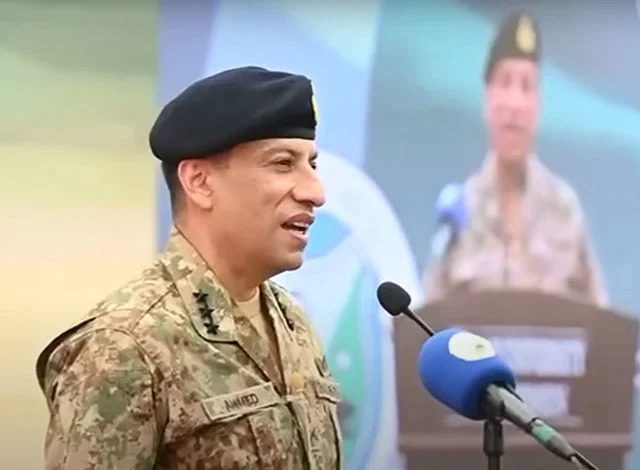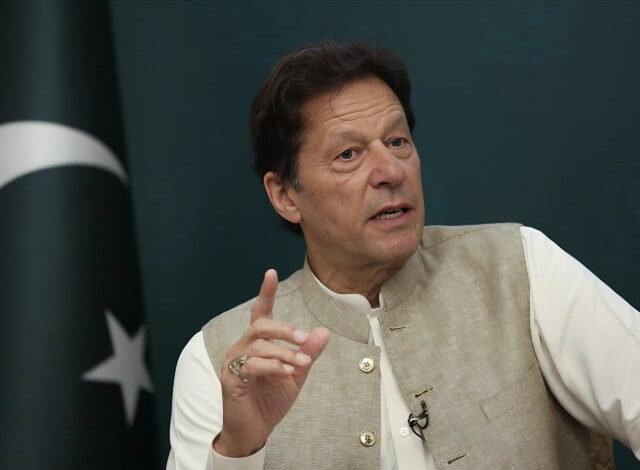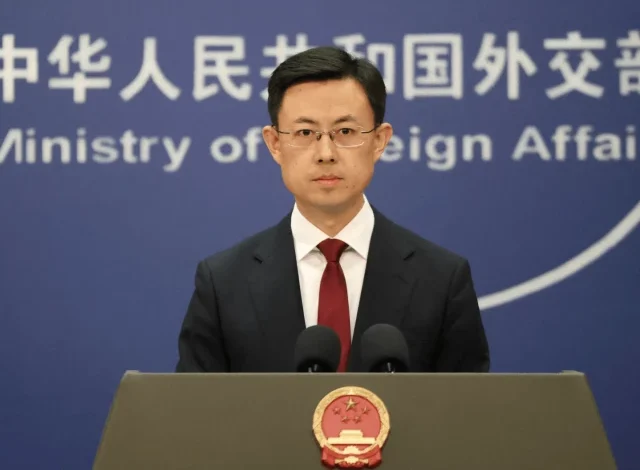
DG ISPR Hails Students’ Support in Operation Bunyanum Marsoos, Reaffirms Unity with Balochistan
KARACHI: Inter-Services Public Relations (ISPR) Director General Lieutenant General Ahmed Sharif Chaudhry praised the vital contribution of Pakistani students during Operation Bunyanum Marsoos, highlighting their role in dismantling India’s long-held strategic assumptions amid the recent military escalation.
Speaking during a visit to Jinnah University for Women in Karachi on Tuesday, Lt Gen Chaudhry acknowledged the nation’s collective resolve, especially among youth, in supporting the Pakistan Armed Forces during the brief but intense conflict with India.
“The nation — and particularly students — played a decisive role in permanently destroying India’s strategic illusions during Operation Bunyanum Marsoos,” he told an audience of students and faculty members.
Message of National Unity and Support for Balochistan
Lt Gen Chaudhry reaffirmed Pakistan’s unwavering stance on Kashmir, calling it the “jugular vein” of the nation. He also strongly dismissed any foreign influence undermining Pakistan’s bond with Balochistan, stating:
“The people of Balochistan are connected to Pakistan through deep-rooted ties of religion, culture, and tradition. A handful of terrorists backed by India cannot damage this unity.”
Upon his arrival at the university, the ISPR chief received a warm welcome from both faculty and students, who expressed enthusiastic support for the armed forces, chanting slogans of solidarity. “We stand with the Pakistan Army, and the army stands with us,” said one student during the interactive session.
Background: Operation Bunyanum Marsoos
Operation Bunyanum Marsoos was launched on May 10 in response to Indian military aggression, which began during the night of May 6–7, targeting civilian areas and resulting in the deaths of several innocents, including women and children.
In retaliation, Pakistan’s military launched precise strikes using its Al-Fatah missile system, successfully targeting key Indian military installations. However, international diplomacy stepped in shortly after, and a ceasefire was brokered through US President Donald Trump’s intervention.






